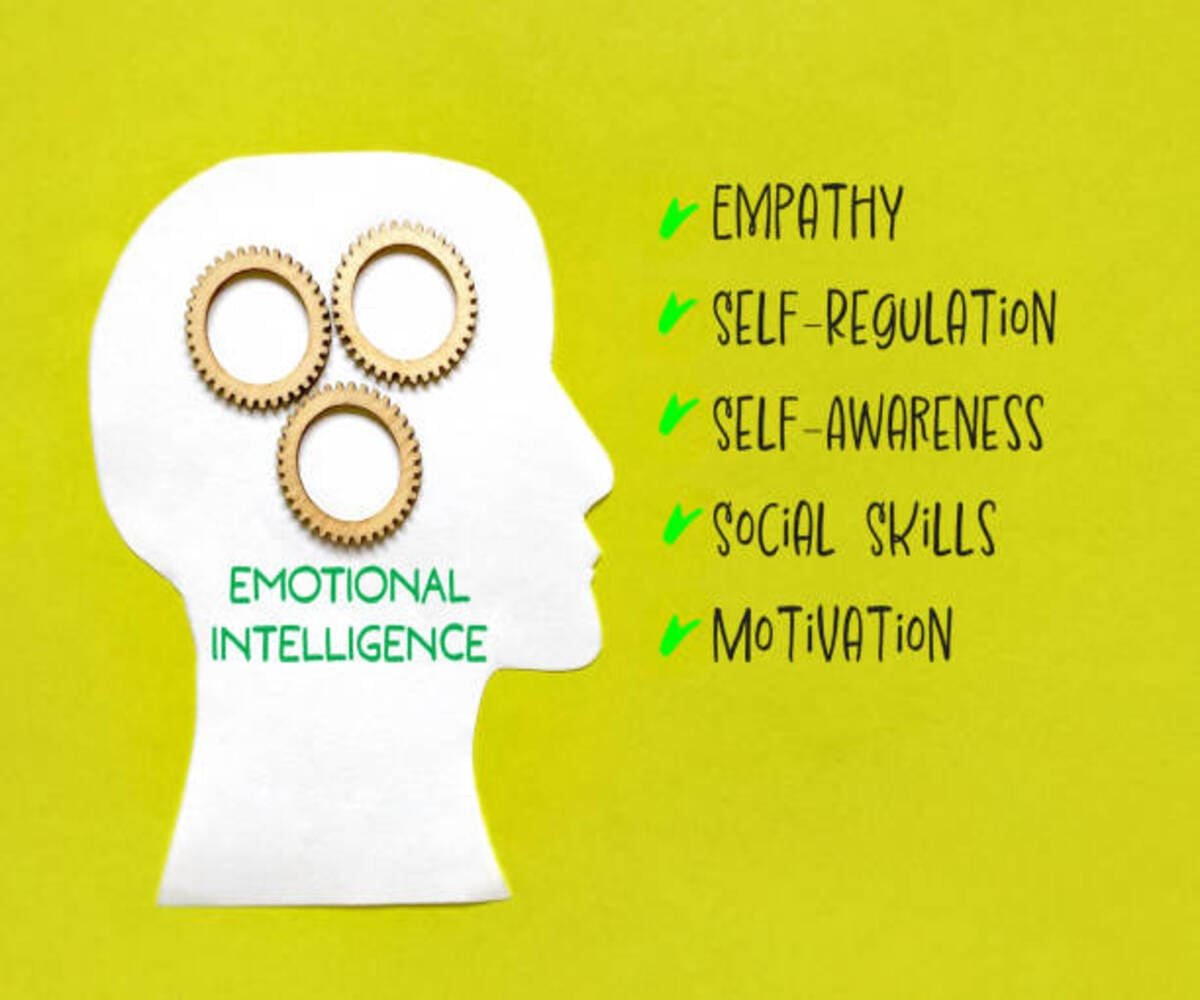Introduction
Active listening and emotional intelligence (EI) are essential skills for building strong relationships, resolving conflicts, and enhancing workplace communication. Whether you’re leading a team, managing client relationships, or collaborating with colleagues, mastering these skills can significantly impact your professional success.
Key Learning Objectives
- Understand Active Listening – Learn techniques to improve focus and comprehension.
- Develop Emotional Intelligence – Enhance self-awareness and empathy in interactions.
- Strengthen Workplace Relationships – Use active listening and EI to build trust.
- Resolve Conflicts Effectively – Manage emotions and communication for positive outcomes.
- Boost Leadership & Team Collaboration – Foster an inclusive and communicative work culture.
1. Understanding Active Listening
Active listening goes beyond hearing words – it involves full engagement in the conversation to understand the speaker’s message, emotions, and intent.
a. Components of Active Listening
- Focused Attention – Eliminate distractions and give full attention to the speaker.
- Reflective Listening – Paraphrase and summarize to confirm understanding.
- Non-Verbal Cues – Maintain eye contact, nod, and use facial expressions.
- Open-Ended Questions – Encourage deeper discussion and clarity.
- Avoid Interrupting – Let the speaker finish before responding.
b. Benefits of Active Listening
- Builds stronger relationships and trust.
- Reduces miscommunication and misunderstandings.
- Improves problem-solving and decision-making.
2. Developing Emotional Intelligence (EI)
Emotional intelligence is the ability to recognize, understand, and manage your emotions while also being able to perceive and influence the emotions of others.
a. The Five Components of EI (Daniel Goleman’s Model)
- Self-Awareness – Recognizing your emotions and their impact.
- Self-Regulation – Managing emotions in stressful situations.
- Motivation – Staying driven and goal-oriented despite challenges.
- Empathy – Understanding and sharing others’ feelings.
- Social Skills – Building strong, positive relationships through communication.
b. How to Improve Emotional Intelligence
- Practice self-reflection – Identify emotional triggers and responses.
- Cultivate empathy – Actively listen and put yourself in others’ shoes.
- Develop conflict resolution skills – Approach disagreements with emotional control.
- Stay mindful of non-verbal cues – Recognize body language and tone of voice.
3. Strengthening Workplace Relationships
Both active listening and emotional intelligence are critical for fostering positive relationships in professional environments.
a. Building Trust and Collaboration
- Show genuine interest in colleagues’ thoughts and concerns.
- Provide constructive feedback in a respectful manner.
- Encourage open communication and inclusivity in team discussions.
b. Navigating Difficult Conversations
- Approach conversations with empathy and patience.
- Use neutral and non-defensive language to prevent conflicts.
- Focus on solutions rather than blame.
4. Resolving Conflicts Effectively
Emotional intelligence plays a crucial role in managing workplace conflicts and fostering understanding.
a. Conflict Resolution Strategies
- Identify the root cause – Understand the underlying issues.
- Use active listening – Allow all parties to express their perspectives.
- Stay emotionally composed – Avoid reacting impulsively.
- Find common ground – Work toward mutually beneficial solutions.
b. Turning Conflict into Growth
- Encourage open dialogue to prevent misunderstandings.
- Use conflicts as learning opportunities for team improvement.
- Promote collaborative problem-solving rather than competition.
5. Boosting Leadership & Team Collaboration
Leaders with strong emotional intelligence and active listening skills inspire teams and foster a positive work environment.
a. Leading with Emotional Intelligence
- Demonstrate authenticity and transparency.
- Show empathy and understanding in team interactions.
- Recognize and appreciate team contributions.
b. Encouraging a Culture of Open Communication
- Create safe spaces for honest feedback and discussions.
- Promote active listening in team meetings.
- Provide training on emotional intelligence to enhance workplace communication.
Conclusion
Active listening and emotional intelligence are powerful tools for improving communication, collaboration, and leadership in the workplace. By honing these skills, professionals can build trust, resolve conflicts, and foster a positive work culture.
For more insights on communication strategies, emotional intelligence, and leadership development, explore SignifyHR’s learning resources today!
Enhance your communication skills and build meaningful professional relationships!

